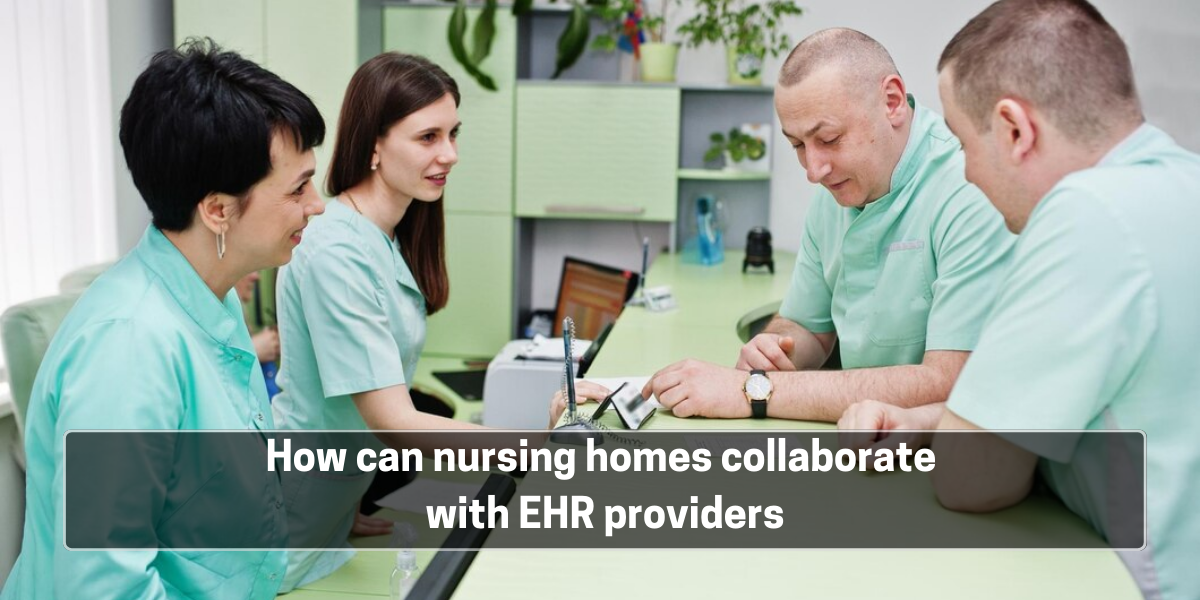Electronic Health Records (EHRs) play an important role in nursing homes. They provide a comprehensive digital archive of a patient’s medical history, prescriptions, allergies, and more. This digital repository allows caregivers to access vital information instantly, enhancing patient care. Moreover, EHRs play a key role in significantly reducing medication errors in nursing homes. Here, we explore some of the ways how nursing homes acn collaborate with EHR providers:
- Customised EHR Solutions:
Nursing homes and EHR providers can collaborate to create customised EHR solutions. Such partnerships consider the distinct needs of each nursing home, from medication management to specialised care plans. As a result, EHR systems can be fine-tuned to address these requirements effectively.
- Training and Support:
To ensure the optimal use of EHR systems, providers should offer comprehensive training to nursing home staff. This training ensures that staff members not only become adept at using the system but also integrate it seamlessly into their daily operations.
- Interoperability:
EHR providers should collaborate with nursing homes to create systems that are compatible with other healthcare facilities, such as hospitals and primary care clinics. This compatibility facilitates the smooth exchange of data, enhancing care continuity for patients transitioning between various facilities.
- Data Analytics and Reporting:
EHRs in nursing homes pave the way for in-depth patient data analysis. Through collaborative efforts, healthcare providers can harness this data to make informed decisions, pinpoint areas of improvement, and evaluate patient outcomes. This data-driven approach invariably elevates the standard of care patients receive.
- Compliance and Security:
Collaborating with EHR providers ensures that nursing homes adhere to regulatory standards. Moreover, these systems prevent potential data breaches, safeguarding patient records. Regular audits, facilitated by EHR providers, ensure consistent adherence to data security protocols, boosting patient data protection.
- Integration with Telehealth:
By partnering with EHR providers, nursing homes can seamlessly incorporate services such as virtual consultations and remote patient monitoring. Such services are invaluable, especially for patients with mobility constraints.
- Medication Management:
A collaborative approach between nursing homes and EHR providers can revolutionise medication management. Comprehensive systems that encompass medication ordering, tracking, and alerts for potential drug interactions or missed doses can significantly enhance patient care quality.
Many nursing homes in the UK are implementing eMAR to streamline medication administration. If you are planning to implement eMAR, explore the benefits of the electronic medication administration record (eMAR) system in nursing homes. eMAR’s specialised alert system ensures that the right medication is administered to the correct patient on time. It also reduces the risks of missed doses and improves patient outcomes greatly. With a detailed month-end reporting system, eMAR also reduces the hassle involved with auditing.
Also, with online training courses, nursing home staff can quickly become familiar with the system. The eMAR system also allows customisation based on the needs of nursing homes.







